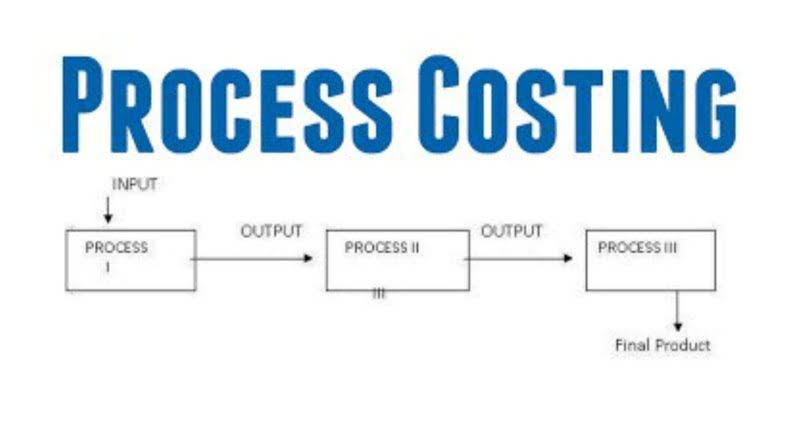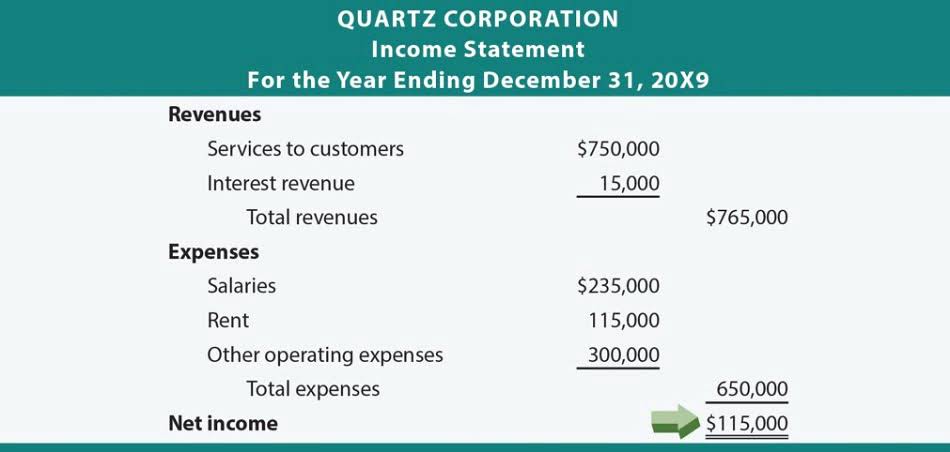
The main distinction between these two forms of retainer fees is whether or not the lawyer has earned the money upfront or bills against the money and earns it over time. In some cases, an attorney may simply charge a flat fee for handling the entire case in lieu of charging a client a retainer fee to secure their services. The fee agreement will typically specify a retainer fee, which the lawyer will collect upfront before executing the contract for legal services and beginning work on the client’s case. Once collected, the lawyer will typically place the retainer fee in its own distinct account, and then bill the client against the retainer as the attorney renders legal services. Once a client has engaged an attorney to represent him or her in a case, the client is sometimes required to deposit an upfront retainer fee.

How Retainer Agreements Work
If all pending issues have been addressed and there is no extra fee, the client gets a refund of AI in Accounting the remaining $300. There are several very important steps that you should take before you sign a retainer agreement. Each arrangement has its own advantages and challenges, and the choice may largely depend on the project complexity and the client’s preference for cost certainty or flexibility.

Retainer Fees For Lawyers: Complete Guide

It is considered a down payment on the future services rendered by that professional. Under the retainer model, the client agrees to pay a recurring fee (known as a retainer fee) for professional services during the agreed period (the retainer period). The payment can how does a retainer fee work either be made in advance (as an upfront retainer fee) or when the work is completed.
Is a retainer a deposit?
- Next, we’ll delve into some of the common types of retainers—starting with a look at the difference between earned and unearned retainer fees.
- They also have peace of mind in knowing that they’ll have a steady and reliable stream of income.
- ” they should understand that this arrangement offers them immediate access to legal advice or representation when necessary.
- Finally, we explore a few resources for finding retainer fee agreement examples.
- A general retainer is a fee paid to secure the availability of a professional over a specified period.
- This type of retainer is often used for projects where there is an expectation for specific tasks to be completed within a time limit.
- It is like a safety net; clients pay ahead but lawyers can’t touch this cash until they do the legal work agreed upon.
« Paul is great to work with. He’s responsive, listens to his client and he quickly provided the exact contract I needed. » It gives you insights into what your attorney retainer is getting used on. Regardless of the outcome, your relationship with the lawyer will probably end at the end of net sales the case.
Furthermore, when clients understand the retainer fee system, it reduces misunderstandings or surprises regarding billing practices. This clarity contributes to a more positive client-lawyer relationship, as both parties operate on transparent terms, leading to smoother interactions throughout legal proceedings. Retainer fees provide guaranteed payment for lawyers and peace of mind for clients. They also offer protection for both parties, increased financial stability, and improved client experience.
Misconceptions of Retainer Fees – Retainer Fees Defined and Explained
Some clients might worry that by providing a retainer they may be paying for nothing if the matter should settle quickly and with little trouble. As mentioned above, the purpose of the retainer is to protect both you and the attorney. The money only changes hands when it is earned by the attorney or the firm.
- Understanding these types can help clients and professionals choose the most suitable arrangement for their specific situation.
- You would be refunded the $2250 balance left in your retainer at the end of your case.
- Similarly, if you have a continuous stream of legal work, a true retainer may also be wasteful because it might be cheaper to hire a full-time lawyer.
- A retainer fee is an advance payment made by a client for future legal services.
- In this blog, we’ll explore retainer fees, their purpose, types, and significance in various professional fields.
- It doesn’t need to be exact because you can always charge for more hours once you’ve crossed the set amount of time.
You provide a brief description of your legal issue, and we match you with attorneys who have the right expertise. Therefore, retainer and contingency fee agreements must follow all of the applicable rules and regulations in that particular jurisdiction. It is important to note that fee agreements that are not signed by both parties may not be enforceable against either of the parties.

In this blog, we’ll explore retainer fees, their purpose, types, and significance in various professional fields. The agreements cover two aspects of the attorney-client relationship, the retainer fee agreement and the contingency fee provisions. Retainer agreements typically govern the retainer fee that the client pays to the attorney prior to hiring them. I am in the process of hiring a lawyer to handle a complex legal matter and they have asked me to sign a retainer agreement.
- A pre-paid retainer, also known as a fixed-price retainer, requires that you commit to handling a certain amount of work during the predetermined period.
- Additionally, some clients might feel compelled to use a service simply because they’ve paid a retainer, even if it’s not in their best interest.
- A designer might factor in costs for Adobe Creative Suite, stock images, or specialised design plugins.
- Typically, prepaid legal services contract with one law firm in each state to handle routine matters.
Lawyer retainer fees are considered down payments on the future services of that attorney. The retainer also acts as a commitment from the client to see the legal process through, providing financial stability for the lawyer and assuring dedication from the client. This mutual protection helps build trust and a solid working relationship between both parties involved in legal matters. A lawyer gets an earned retainer fee once they have done the work for a client. This kind of fee is part of the deal between the lawyer and client from the start.
